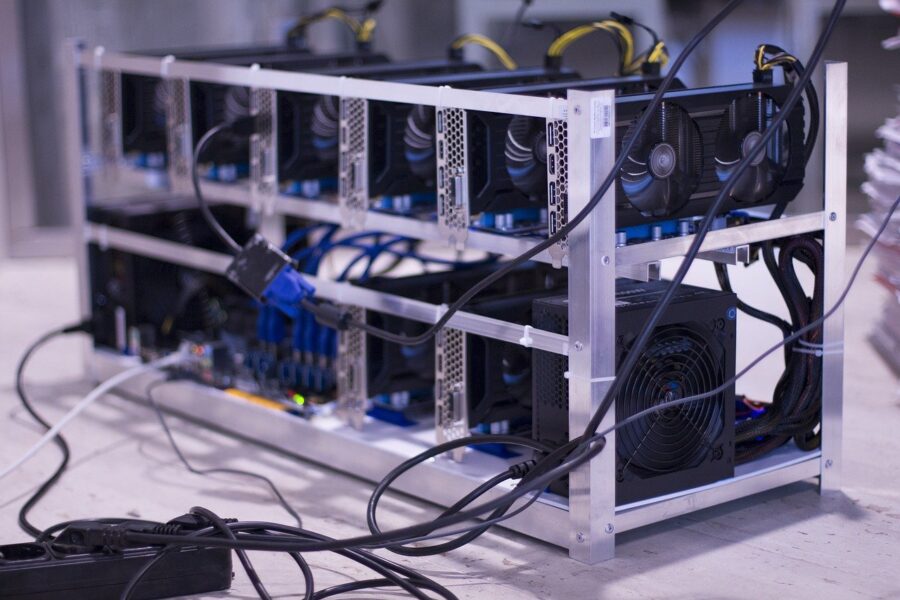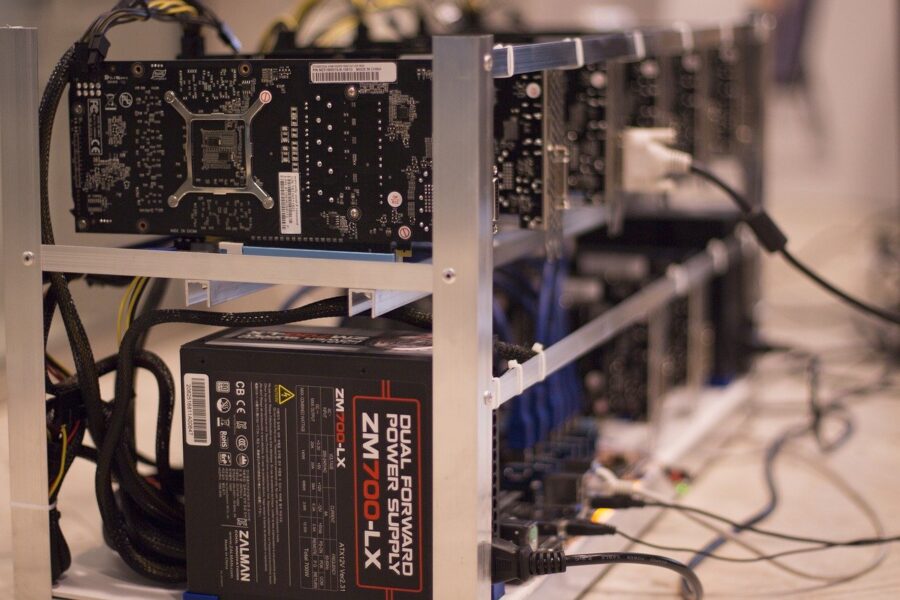PC Graphics Cards Stolen In Truck Heist
A huge load of PC graphic cards were stolen in a truck heist this week. The demand on these components has only grown in the short-term
This article is more than 2 years old

No price is worth raiding a truckful of factory-grade PC graphics cards over. And yet, one would-be highwayman thought it would be worth the risk of arrest to mug a fresh supply of NVIDIA RTX 30-Series video cards, a forum update by EVGA’s Jacob reveals on Thursday. An unidentified gamer plundered a shipment of graphics processing units (GPUs) on October 29. The parts were en route from San Francisco to a Southern California distribution plant, ready to be consigned to nearby tech shops hoping to restock before Halloween came to a close. Unfortunately, that day never arrived and hundreds of third-party purveyors are still lacking enough GPUs to satisfy a gnawing demand.
Though the heist was pulled off “successfully”, no one was hurt during the untoward incident. EVGA and NVIDIA still lost money up to the hundred-thousands, however, with each seized graphics card running at $329.99 MSRP at a minimum and $1959.99 MSRP at maximum. With an ongoing semiconductor shortage making computer parts already difficult to come by, such an amount is definitely no laughing matter.
Most stolen tech (including graphics cards) is assigned a unique serial number, allowing the manufacturer to blacklist these numbers as compromised and track any and all attempts at registering the products online. Pilfered funds, like those robbed from a bank or given up as ransom money, work similarly. The Federal Reserve can verify nicked bills in numerical format and trace a transaction’s last known location.
In the same way, EVGA need only block any warranty or upgrade claims made by the looter and be able to pinpoint the ping’s rerouted IP address, which could help narrow the search (geographically) for whoever managed to get their hands on over 90,000 bucks’ worth of high-quality graphics cards. The bad news is you don’t necessarily have to register a GPU to use it, which means consumers who purchase said video cards may not realize their product is stolen until they try to register it.

Seems like one person decided it would be better to inconvenience other buyers looking to upgrade their graphics cards than put themself at a frame-rate disadvantage playing the latest edition of Fortnite. As hilariously sad as that sounds, however, it’s likelier this was a scalper’s attempt at hoarding a large number of GPUs at once without having to cough up a single cent, only to resell them to gullible, desperate customers at disproportionately steeper prices.
Anyone can masquerade as a third-party retailer online and claim to be peddling legitimate hardware, and with a devastating chip shortage racking up demand, consumers are willing to try their luck anywhere — even with a scalper who may have taken their stock of graphics cards by force. Unfortunately for the unwitting buyer of any of these stolen goods, they won’t know they’ve been swindled into a massive profit venture until EVGA and NVIDIA refuse their numerous attempts at registering their seemingly lawful purchases.
It’s no shock some would resort to outright pickpocketing to stave off a growing shortage in graphics cards. The electronics sector is at a grating standstill after former U.S. President Donald Trump’s ill-advised tech war with China resulted in fewer semiconductors making it to factories and the American mainland. Fewer chips mean fewer parts and fewer parts mean less stock of whatever contraption you’ve been hoping to purchase since the pandemic started. For many gamers, this affected an already dwindling supply of console and handheld units — the PlayStation 5 chiefly being the worst hit — and required PC parts.
Graphics cards are some of the most sought-after pieces even before the coronavirus pandemic drove shipment and commerce to their knees. A deadly virus only exacerbated past retail conditions, with many customers forced to wait for preorders that for all we know will never come. Lines stretching as far as the eye can see have battered local shops, while primary manufacturers like Sony have taken matters into their own hands, launching lotteries and opening limited registries. And yet nothing has helped stifle the persistent drought mostly created by the pandemic.
Those in Southern California still waiting to hear about a new supply of graphics cards might have to wait another 30 days to receive word of fresh stock. If your preorder is uncharacteristically late or suddenly unavailable, consider it the handiwork of our unknown thief.












